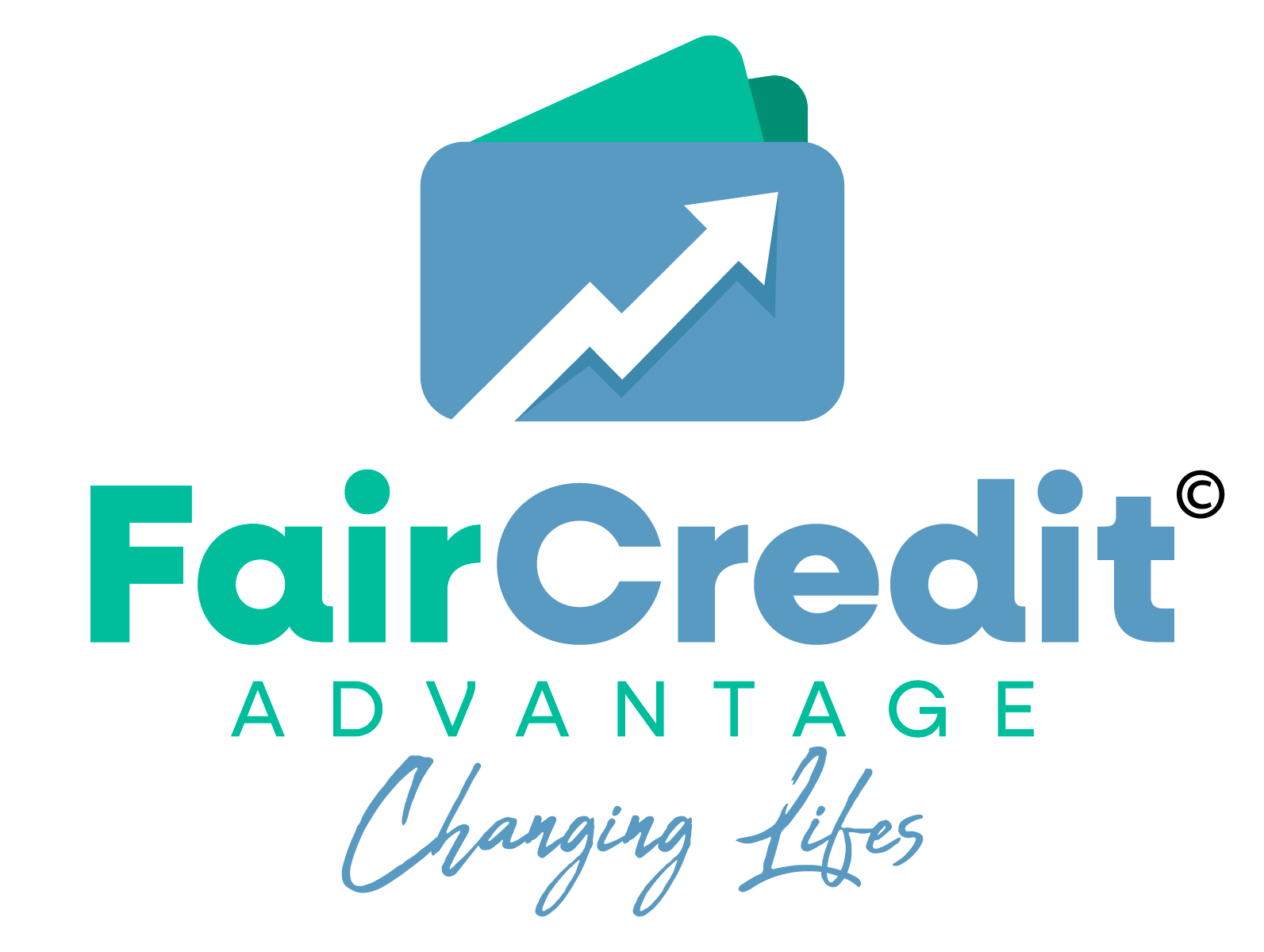Frequently Asked Questions
Find answers to common questions about credit repair in this comprehensive FAQ section.
Sign Up Today!Get informed, so you can make informed decisions.

Credit repair is not only legal but also a powerful tool. Our credit repair and document processing services utilize "The Fair Credit Reporting Act" (FCRA) to your advantage. This law empowers you to dispute any credit report item. If unverifiable within around 30 days, it must be removed. Surprisingly, 79% of credit reports contain errors, which means many reports improve instantly. When disputing non-error items, often records or documents can't be provided within the time frame, leading to removal. Furnishers sometimes claim verification without proof – our expertise lies in preparing documents to challenge this.

Don't be misled – credit repair is effective in many cases. The key? Receiving advice from a professional. If your credit score is under 720, credit repair benefits extend long-term. However, some limits apply. Factors like your financial situation and timing affect results. Remarkably, even accurate items can be removed from credit reports. Creditor errors or non-compliance with time frames may lead to negative item removal.

We're here to assist you throughout the journey, preparing your documents. Armed with exceptional credit scoring insights, we're experienced in creditor and credit bureau dealings. Interacting with creditors and credit bureaus requires understanding techniques and regulations. Our credit law proficiency empowers us to eliminate negative report data, ensuring a seamless, money-back guaranteed process.

You are entitled to a 100% refund on all monthly payments if:
- You do not remove more than 25% of all the negatives worked on.
- You have had six months from the time you retain our services.
- You have at least four negatives on the credit report at the time of sign-up.
- You have not used a credit-consulting agency nor attempted to repair your credit two years previous to signing up for our services.
- You agree to send updated reports from the three credit bureaus to us within 5 days of receipt.
(Clients should receive updated credit reports every 15-45 days. It is the client's responsibility to make us aware if updated reports have not been received).

Our services yield remarkable results: 93% of clients witness a credit score boost of 10 points or more within 35 days. During the 180-day contract, the average increase stands at 80 points. Check out the comprehensive statistical breakdown for more insights.

The credit score battle has two facets. In some cases, creditors and credit bureaus follow protocol impeccably, leaving no grounds for action. On average, clients successfully eliminate 70% of negative items from their credit reports.

Generally, items won't resurface if they're current, paid during removal, or collections exceed three years. This stands, barring rare exceptions.

Thanks to our support and document processing, clients achieve impressive results with bankruptcies, foreclosures, collections, charge-offs, repossessions, medical bills, credit card debt, inquiries, late payments, old addresses, judgments, tax liens, and student loans.

Delinquencies (30- 180 days): A delinquency may remain on file for seven years; from the date of the initial missed payment.
Collection Accounts: May remain seven years from the date of the initial missed payment that led to the collection (the original delinquency date). When a collection account is paid in full, it will be marked as a "paid collection" on the credit report.
Charge Off Accounts: When a delinquent account is sent to a collections company. This will remain for seven years from the date of the initial missed payment that led to the charge-off (the original delinquency date), even if payments are later made on the charge off account.
Closed Accounts On Credit Report: Closed accounts are no longer available for further use and may or may not have a zero balance. Closed accounts with delinquencies remain for seven years from the date they are reported closed, whether closed by the creditor or by the consumer. However, the delinquency notation will be removed seven years after the delinquency occurred when pertaining to late payments. Positive closed accounts continue to be reported for ten years from the closing date.
Lost Credit Card: If there are no delinquencies, credit cards reported as lost will continue to be listed for two years from the date the creditor is contacted. Delinquent payments that occurred before the card was lost are reported for seven years.
Bankruptcy: Chapters 7, 11, and 12 will remain on one's credit report for ten years from the filing date. A Chapter 13 bankruptcy is reported for seven years from the filing date. Accounts included in a bankruptcy will remain for seven years from the date reported as included in the bankruptcy.
Judgments: Remain seven years from the date filed.City, County, State, and Federal Tax Liens: Unpaid tax liens remain for fifteen years from the filing date. A paid tax lien will remain on one's score for 10 years from the date of payment.
Inquiries: Most inquiries listed on one's credit report will remain for two years. All inquiries must remain for a minimum of one year from the date the inquiry was made. Some inquiries, such as employment or pre-approved offers of credit, will show only on a personal credit report pulled by you.

Request A Free Consultation & Credit Analysis
Embark on your journey to financial empowerment now. Unlock your FREE consultation and credit analysis by clicking below.
Let's get started!
